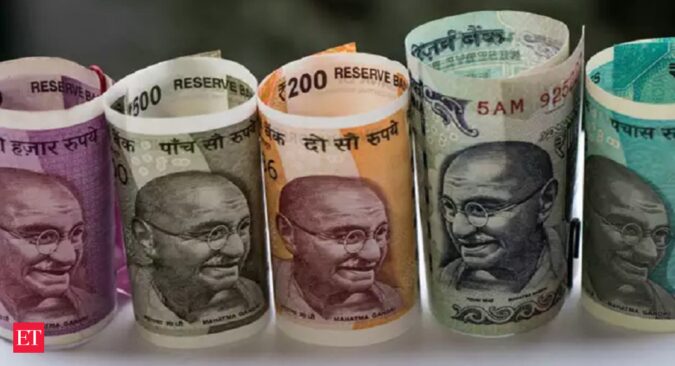In India, while the Unified Payments Interface (UPI)-led retail digital payments grew at a compounded annual growth rate (CAGR) of 50 per cent and 27 per cent in terms of volume and value, respectively (during 2016-17 to 2021-22), the currency in circulation to GDP ratio also rose and peaked at 14.4 per cent in 2020-
21.This phenomenon is not new or unique to India and has been observed since 2007 for several nations, as Bailey had pointed out in 2009.
In its Annual Report, the RBI attributes the currency paradox to four reasons. “The persistent affinity for cash has been attributed to factors such as the decline in opportunity costs of holding currency, i.e., interest rates; precautionary holdings amid uncertainty; presence of a large informal economy; and direct benefit transfers by the government, promoting both cash and digital modes, as routing of benefits digitally tends to be followed by cash withdrawals.”
The Covid-19 pandemic intensified the currency paradox. A sudden uptick in the growth of currency in circulation during the pandemic can be attributed to the precautionary and store-of-value motives as households grew wary of economic prospects, the RBI says. However, the transactional use of cash has progressively been substituted by digital modes.
Now, there is a turnaround in the pandemic-induced precautionary demand for cash.
For the week ending March 24, 2023, currency in circulation grew by 7.8 per cent year-on-year, recording single-digit growth for 86 weeks since August 2021 (barring April 2022) and averaging overall at 8.5 per cent, the RBI says. Concurrently, digital payment modes continue to maintain strong growth momentum after the pandemic.
